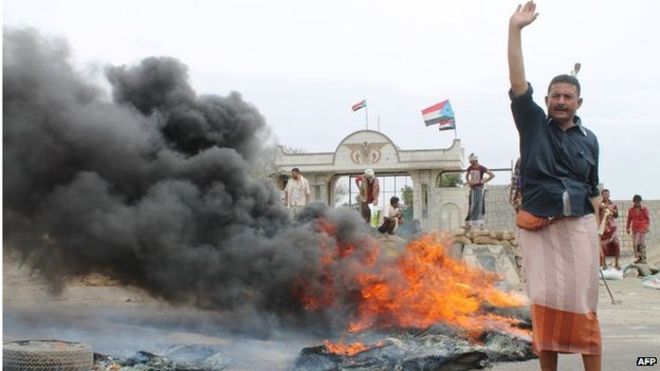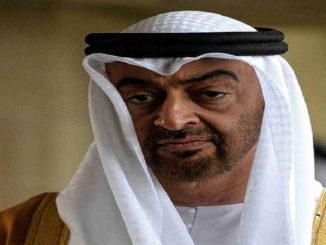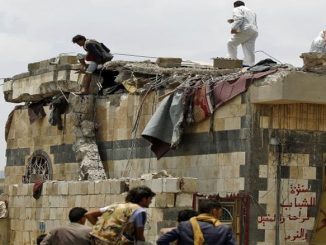
Following a four-day hiatus, UN envoy Ismail Ould Cheikh Ahmed on Thursday will resume mediation efforts in the second round of Kuwait-hosted peace talks between Yemen’s warring rivals.
Ahmed plans to meet separately on Thursday evening with delegations representing the Yemeni government and the Shia Houthi group with a view to eventually holding direct peace talks.
Sources said that international and Arab efforts were focused on reaching a political agreement that would end the war in Yemen, based on the implementation of U.N. Security Council Resolution 2216 by Houthi rebels and the ousted president, Ali Abdullah Saleh.
The sources also said that a peaceful agreement could only be reached when the rebels hand over their arms to the legitimate state and withdraw from occupied Yemeni cities.
Other source close to the talks said that negotiations had been suspended for a four-day period to allow both Ahmed and Yemeni Foreign Minister Abdulmalik al-Mikhlafi (who also heads up the government delegation at the Kuwait talks) to attend this week’s Arab League summit in Mauritanian capital Nouakchott.
The source, who spoke anonymously due to the sensitivity of his position, declined to discuss the issues that would be raised at Thursday’s meeting between the UN envoy and the government delegation.
He did say, however, that the UN envoy “and the Gulf States in general are not eager to pursue the [peace] consultations” in Kuwait.
The fate of the talks remains shrouded in uncertainty, although delegations representing the Houthis and their allies reportedly want to continue the negotiations for at least one more week.
Thursday’s planned resumption of talks coincides with a recent renewal of fighting on the ground, especially near the border between Yemen and Saudi Arabia.
Houthi fighters in Yemen have reportedly staged a number of cross-border missile attacks, while Saudi-led coalition warplanes have bombed Houthi strongholds in Yemen’s northern Saada province.
Yemen has been wracked by chaos since late 2014, when the Houthis and their allies overran capital Sanaa and other parts of the country, forcing President Abd Rabbuh Mansour Hadi and his Saudi-backed government to temporarily flee to Riyadh.
The Saudi-led coalition began a military campaign against Iran-backed Houthi militias in March 2015. It sides with the President Abd Rabbuh Mansur Hadi, while the Houthis are aligned with ousted President Ali Abdullah Saleh, who was ousted after Yemen revolution in 2012.
In April of this year, the Yemeni government and the Houthis entered into UN-backed peace talks in Kuwait aimed at resolving the conflict, in which more than 6,400 people have been killed and another 2.5 million forced to flee their homes.
The on-again, off-again talks, however, have so far failed to produce any notable breakthroughs.



